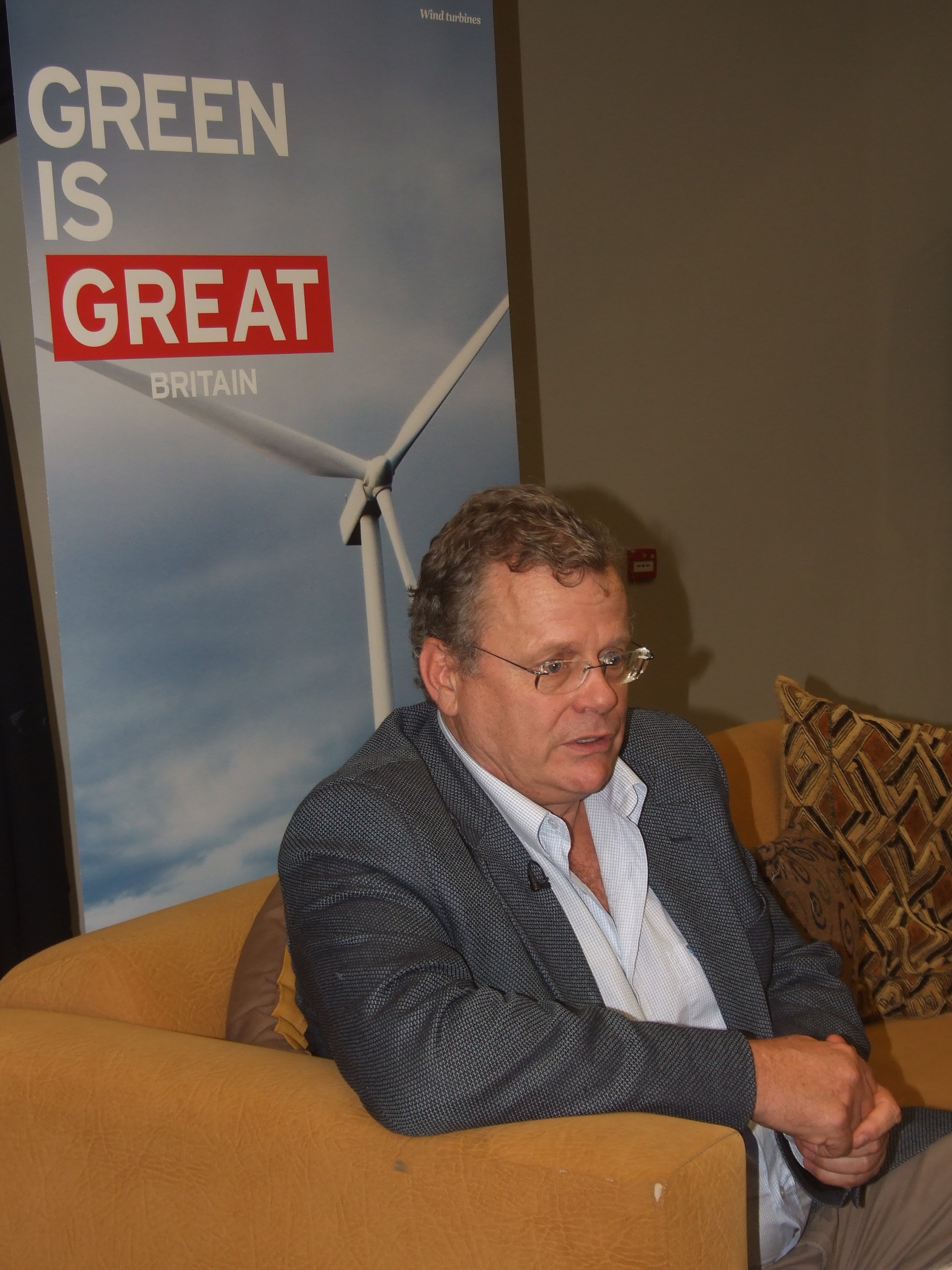Press Release
Robbie Louw, Director of Promethium Carbon. Picture by Gladwell Ntusi
Picture by Gladwell Ntusi
Degraded land can be used to create renewable energy solutions for communities, according to a feasibility study by Promethium Carbon for a community based renewable energy project. The feasibility study, funded by the Prosperity Fund under the British High Commission, was presented in Johannesburg on 17 March.
Promethium Carbon presented its answer to the challenge to use degraded land to create renewable energy solutions for communities, with the Merafong Case Study for Renewable Energy and Community Upliftment as well as with the release of an updated and extended Renewable Energy Toolkit. The project aimed to diversify the economic activities in the area and reduce dependency on mining, therefore building community resilience. The added benefit is energy produced with low carbon emissions, contributing to South Africa’s national greenhouse gas mitigation efforts, as well as restoring the grasslands to their original pre-mining state.
Sites for the biomass production and bio-energy plant were identified for the Merafong Bioenergy Project through interaction with mining companies operating in the Carletonville area of the Merafong local municipality. Harambe Sustainable Ventures (Pty) Ltd, a BBBEE mine rehabilitation and bioenergy/waste-to-energy power generation company, will be developing this bio-energy project. By-products include the production of biochar, for remediating soil by increasing the carbon content and potentially supplying waste heat, for use by new industries attracted to the area surrounding the biomass power plant.
A locally developed pyrolysis plant will provide heat energy to an Organic Rankine Cycle generator set, producing 2 MW output which will be wheeled to the off-taker.
Funding for the project will depend on a mix of equity, debt and concessionary funding. Debt funding will be secured from local institutions such as the Industrial Development Corporation, the Development Bank of SA and commercial banks. The loan will be paid back with revenue from the sales of electricity and biochar.
“This project will open the power generation market in South Africa to small businesses, enabling them to develop small-scale renewable energy projects for commercial use. It will lead to the creation of ‘green’ jobs, increased power generation from renewable sources and land restoration,” says Robbie Louw, director of Promethium Carbon.
The British High Commission expressed its delight for the opportunity to be a partner in this project. “It demonstrates how a bio-energy project can positively impact the lives of local communities and help to build local commercial opportunities,” Tom Moody, Head of Regional Prosperity at the British High Commission, says.
The Merafong Local Municipality, in conjunction with the West Rand District Municipality, is developing a bio-energy industrial park where projects such as this have the required regulatory support for development.
Nikisi Lesufi of the Chamber of Mines said the project demonstrated cost-effective benefits to mine rehabilitation, with positive community impacts after life of mine. “The use of abandoned and/or degraded land has long been an issue of concern and this project showcases the possibilities of converting, rehabilitating and producing positive advantages to communities through, what in essence is commercial farming, with the production of electricity.”
About Promethium Carbon
Promethium Carbon is a dedicated carbon and climate change advisory firm. The company enjoys the position of being a trusted advisor to major international corporations operating out of South Africa. They are knowledge leaders in the carbon industry, and advise government and private sector on climate change and energy-related matters. Services include carbon project development, footprinting and disclosure and climate change strategy development. More information is available at www.promethium.co.za


